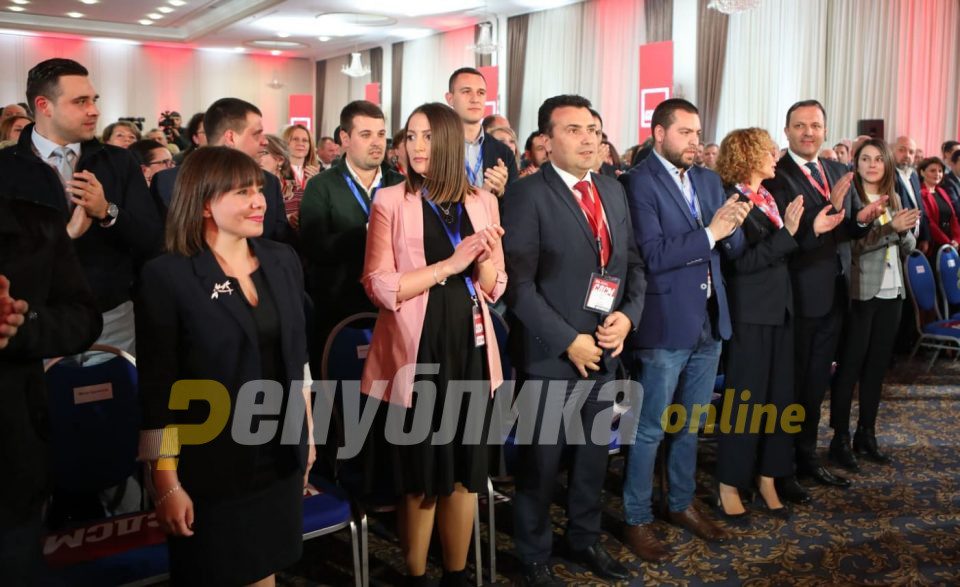The secretive talks for the creation of a new ruling majority, after the inconclusive elections of July 15, have opened the prospect of looking for a neutral Prime Minister. This, in turn, is heating the confrontation between the various factions in the SDSM party.
SDSM is broadly divided in a so-called urban wing, seen as led by Radmila Sekerinska, Damjan Mancevski and other officials that hail from Skopje and include mainly groups based on the Skopje university. Party leader Zoran Zaev, on the other hand, could not be more different, a trader of farm products who bought his way into politics and is surrounded with similarly practical and rural officials, such as Oliver Spasovski and Ljupco Nikolovski, often looked at with derision by the “urban wing”. A number of active members of this faction have drifted away from the party, unable to bear seeing it under Zaev’s rule, and some, like Sofija Kunovska, Karolina Ristova Asterud and Gordan Georgiev have become outspoken critics.
The division was noticeable when the party had to elect a candidate for President – the opportunity went to the “urban wing” and its professorial candidate Stevo Pendarovski, a move easily justified by the fact that Zaev holds the office of Prime Minister.
But the position is now up for grabs, and the most certain way toward forming a coalition for SDSM goes through the DUI party, which has conditioned its support for any Government with a request that Macedonia gets its first ethnic Albanian Prime Minister, and later nominated Naser Ziberi for the honor. DUI could probably be persuaded to drop the request, but a possible concession would be to have SDSM also give up Zaev as its choice for Prime Minister and have some neutral candidate nominated to the position. Given the numerous criminal allegations he faces, Zaev could be asked by the party to work on clearing his name first, before trying to make a return to politics.
Netpress writes that these options have whetted the appetite of the “urban wing” in the party, whose spokesmen are already pointing out the fact that Zaev remains a weak candidate, while their faction has many far more impressive candidates to offer.
Zaev response was to try to generate a conflict on the othe r side, in VMRO-DPMNE, a dispute that was already fought over the 2018 referendum and the subsequent name change vote in Parliament.
But this dispute, which already played out once involving the same cast of characters was quickly seen as sign of weakness on Zaev’s part, and as possibly pointing out at problems closer to home.




Comments are closed for this post.